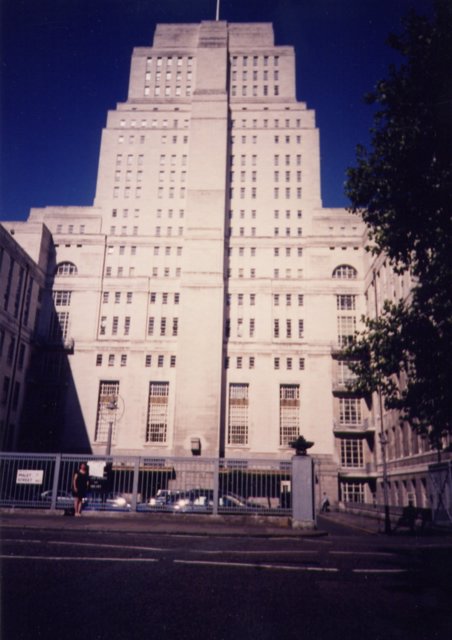This series is a month-by-month recap of censorship instructions issued to the media by government authorities in 2017, and then leaked and distributed online. The names of issuing bodies have been omitted to protect sources.
January’s pair of pollution-related directives were followed by another in February, ordering the deletion of an article from state media news site The Paper. The piece described the results of a Peking University study which found that high PM2.5 levels caused 257,000 excess deaths in 31 cities around China in 2013. This contradicted a statement by a National Health and Family Planning Commission official the previous month that “it is too early to come to conclusions regarding smog’s danger to health, particularly its long-term effects on the body.”
The Paper was in the crosshairs again at the end of the month with a deletion order for a report on the use of Chinese firm iFlytek’s automatic voice recognition on phone lines. “Do not hype related technical content,” the directive added. According to the targeted article, the system helped bring about an 80% fall in phone scams involving fake legal cases in Anhui, where the trial was held, even as such cases rose 70% nationally. The article noted several concerns surrounding the technology, from practical issues to the security and privacy implications of automatically monitoring the entire phone network. iFlytek was later the subject of a Human Rights Watch report highlighting the use of its technology for “‘public security’ and ‘national defense’ purposes.” It later won further attention with a digitally manipulated video of Donald Trump speaking Mandarin.
A third directive was also aimed at a single article, forbidding sites from republishing a NetEase article on the infection of five patients with HIV from reused needles at a Zhejiang hospital. The case echoes the Henan HIV scandal of the 1990s when thousands were infected by a flawed blood sale program. Activists blame Premier Li Keqiang, who became governor of the province in 1998, for overseeing an aggressive cover-up.









